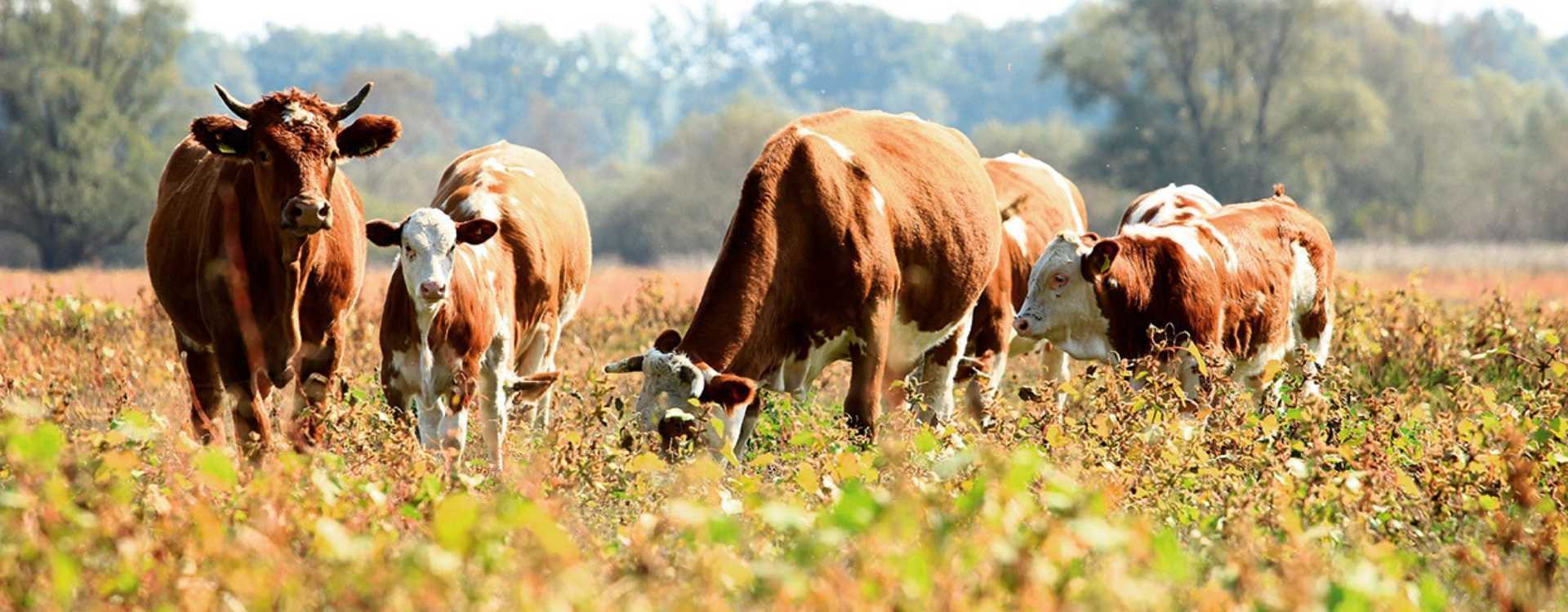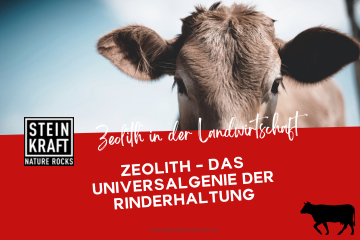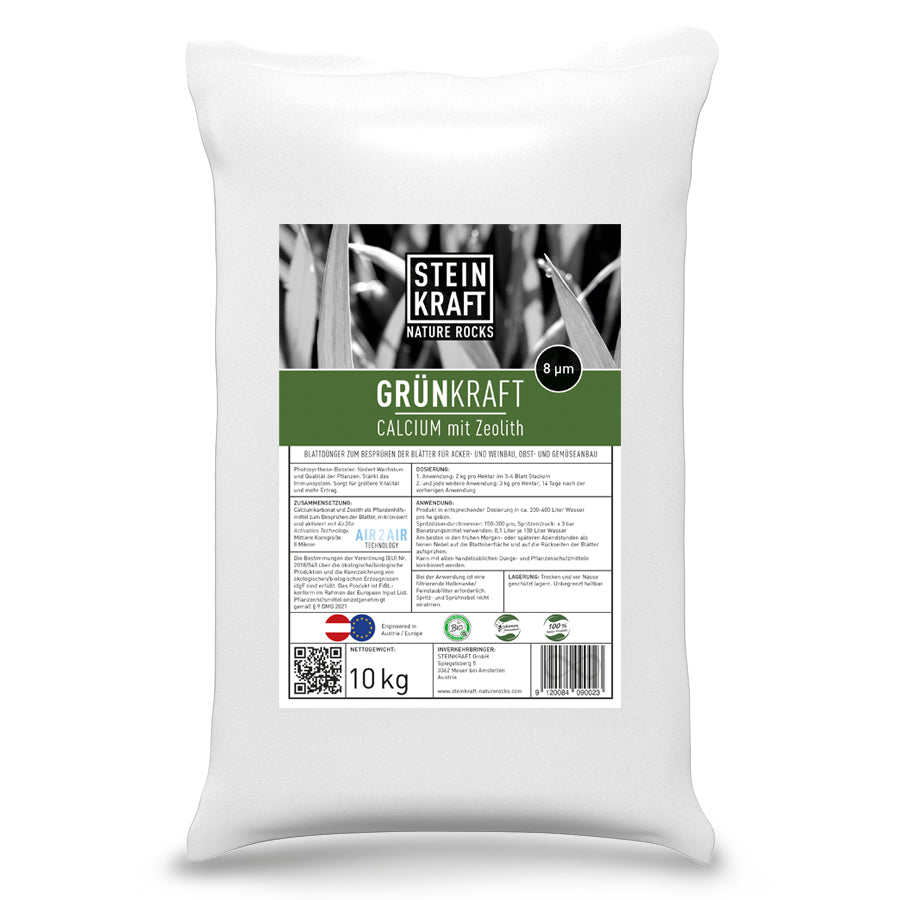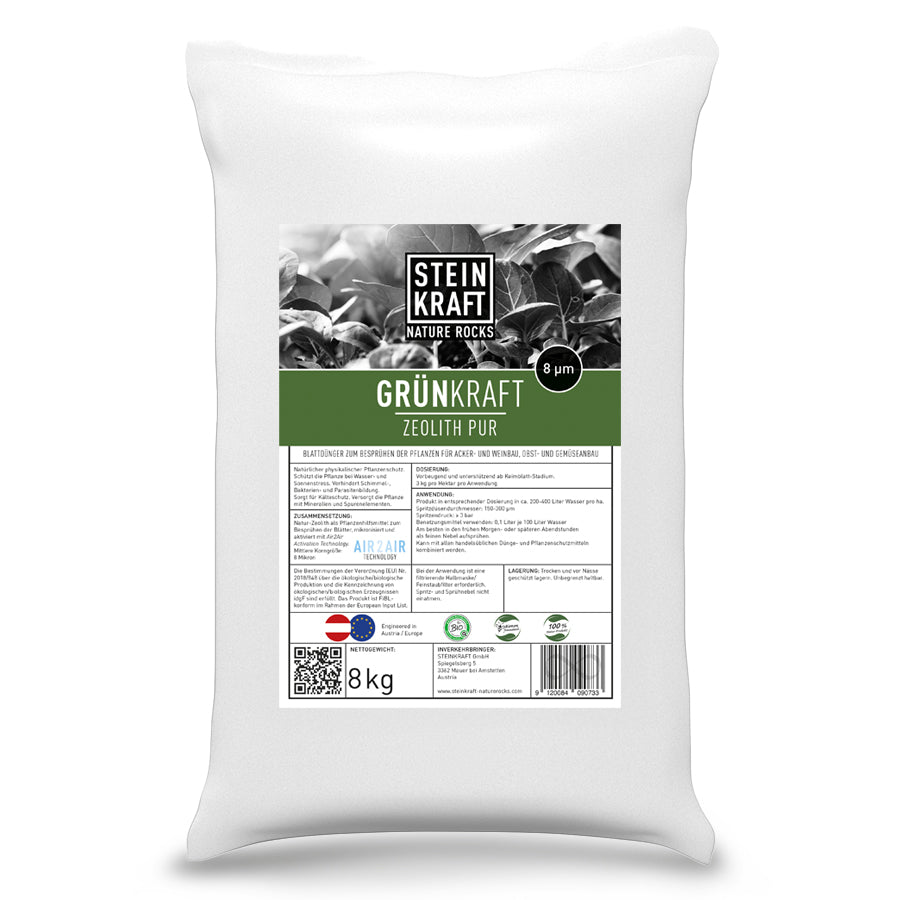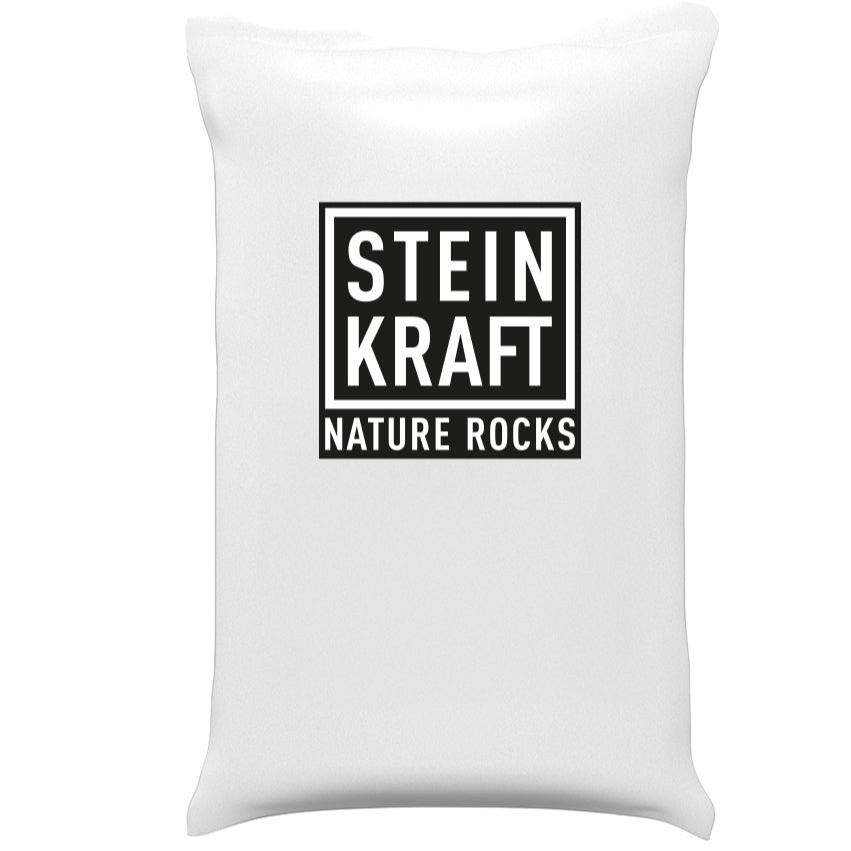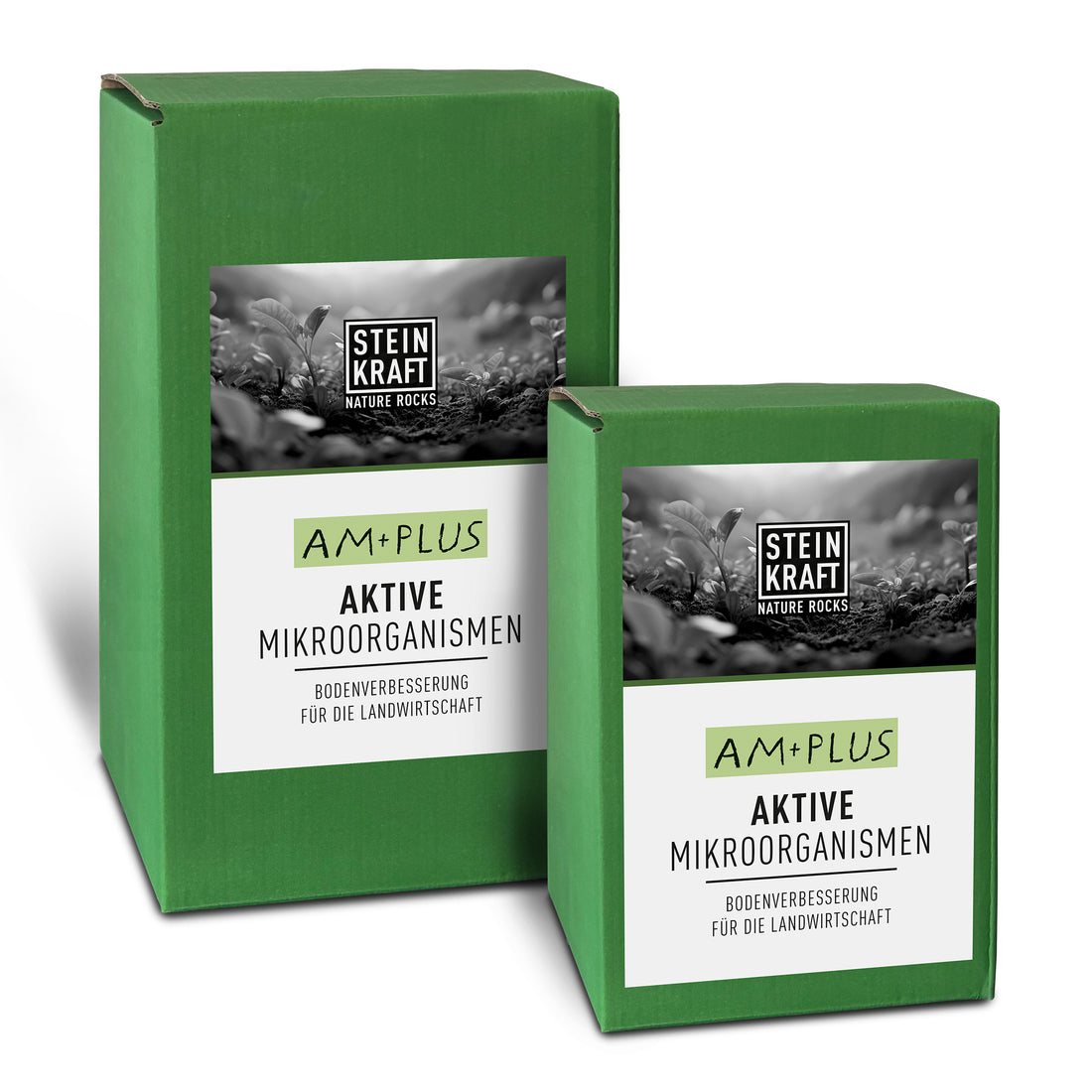Zeolite in cattle farming
Cattle farming is a demanding task that entails countless decisions every day. The type of husbandry and feed, as well as the health and nutritional intake of the cattle, have a significant impact on their meat and milk quality and thus on the livelihoods of local farmers. A volcanic mineral, zeolite, has become a rising star in local agriculture due to its positive and diverse effects. We took a closer look at the origin, effects, and applications of this volcanic mineral…
Zeolite as a bedding base in cubicles … less pus infections and Mortellaro
Originally discovered by the Romans, the naturally pure volcanic rock zeolite and its positive effects on humans, animals, and the soil have long been known. However, only in recent years have studies demonstrated the true extent of its positive effects, for example, on livestock farming.
Today, zeolite is used in two ways in agricultural practice: As a ground powder, it is sprinkled in the cubicles of cows and calves , ensuring a dry and slippery soil environment that has a positive effect on suppuration and mortellaro . Furthermore, the mineral's porous surface binds large amounts of ammonia , thus having a beneficial effect on odor development in the barn.
Zeolite as a feed additive for digestive support - improves milk yield
When the volcanic rock—with its particularly high silicon content—is sprinkled over the feed, it exhibits completely different effects, as a 2011 study on dairy cows and calves conducted by the University of Leipzig* shows: Zeolite acts like a "molecular sieve" in the digestive tract, binding free radicals and ammonia, improving milk yield in cows , and having a positive effect on the nutrient utilization and general condition of cattle.*
In the gastrointestinal tract, excess acids, pollutants, and pathogens are absorbed by the powdered zeolite and ultimately excreted. In addition, important ions such as sodium, magnesium, calcium, and potassium are released into the animal's body.
But that's not all: "When applied externally as a wound powder or cream, zeolite can also be used to treat cuts, fistulas, eczema, or ulcers. Thanks to its hydrophilic properties, zeolite has decongestant, analgesic, and antibacterial properties," says Michaela Schirmbrand-Pfeiffer, managing director of Steinkraft, a company that has been producing natural products based on zeolite for agriculture for years.
Zeolite as a manure enhancer – good for the soil, good for the natural cycle
Since clinoptilolite zeolite, in particular, is of particularly high quality, 100 percent natural origin, and is not supplemented by any additives from high-quality suppliers, this mineral volcanic rock supports not only animals but the entire natural cycle: The use of zeolite-containing cow manure improves the quality of the liquid manure, ensuring more productive soil and stronger root development in the fields. The ammonia in the cow manure is bound in the soil by the zeolite and does not evaporate, making it fully available to the plants as a nutrient. Due to its extensive effects, the volcanic rock is also successfully used in pig and chicken farming.
Article published in the magazine Fleisch & Co, issue 2/2020


